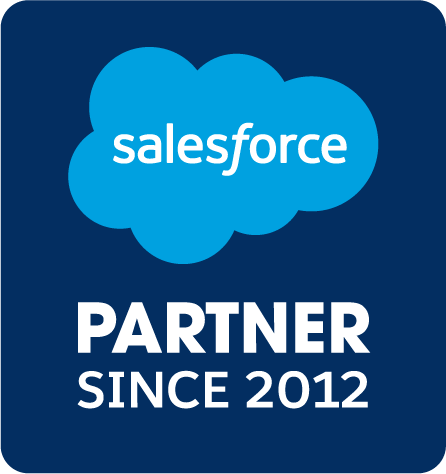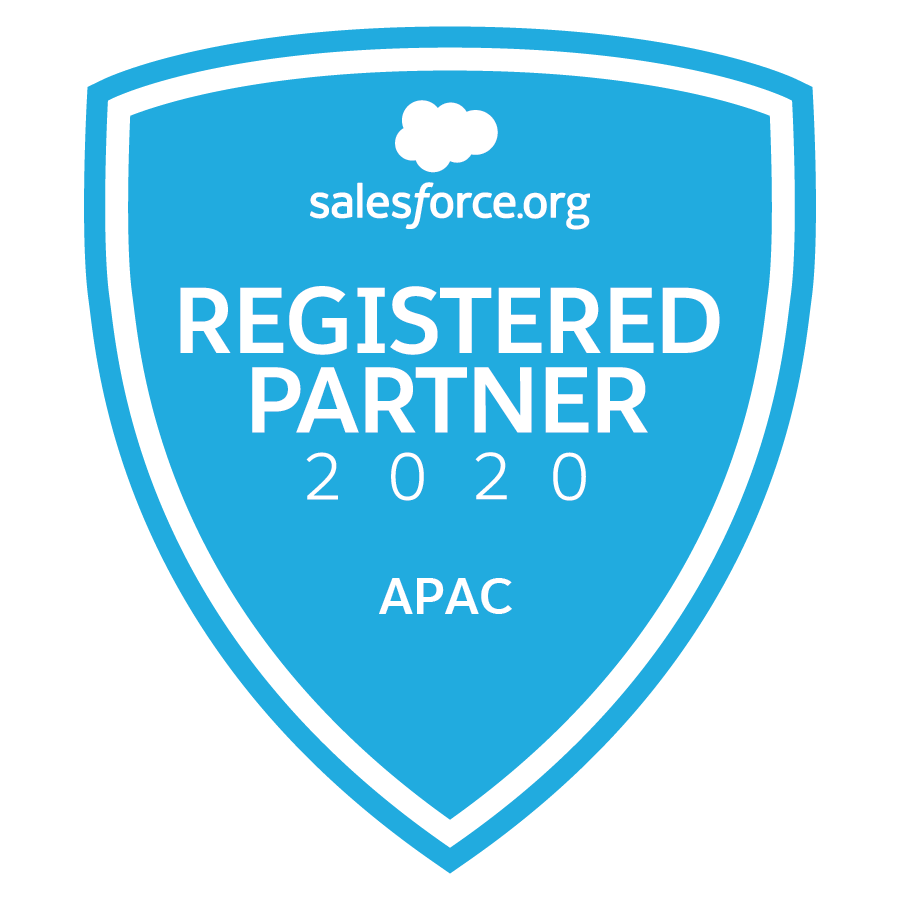You’ve taken the first step toward success by investing in Salesforce, however now it’s time to implement it.
We understand that this is not always an easy feat, which is why we put together some suggestions for how to easily tackle your CRM implementation.
Take Your Time
We understand that you made the payment and want to get started ASAP, however successful Salesforce implementation will not happen overnight. It is a process, and one that takes some thinking.
The key is to organise yourself and your team so that you can all start the implementation as a cohesive team. It does not need to be a drawn-out process, but it should not be something you just jump right into without brainstorming. You must have a strategy and process in place before you begin.
Create a Business Process Roadmap
If you do not already have a business roadmap, now is the time to create one.
Some things to think about:
- Where do you get your leads from?
- What do you want your follow up and lead nurturing to consist of?
- How do you convert a prospect to a client?
- What happens when they become a client?
- Establishing a business roadmap allows you to translate your process into Salesforce effectively. It is important to know the journey before you get lost on the roads (if you plan on staying organised and getting to your destination on time).
Don’t Learn Everything at Once.
Attempt to learn everything about Salesforce in one day and you will be overwhelmed. With any new system, there is going to be a learning curve, and you are going to have to accept that. Tackle the system in fragments and build your strategy around which processes are most important to you. You should know where you want to end up, but don’t try and do it all at once.
Successful implementation takes baby steps, not giant leaps. You have to make sure that you set a strong foundation and build upon that if you want it to work for you and your team.
Still not sure where to start?
To guarantee that your roadmap is covering all the twists and turns, and the implementation is absolutely spot on – you should consider a Salesforce Consulting Partner! That would be us.






